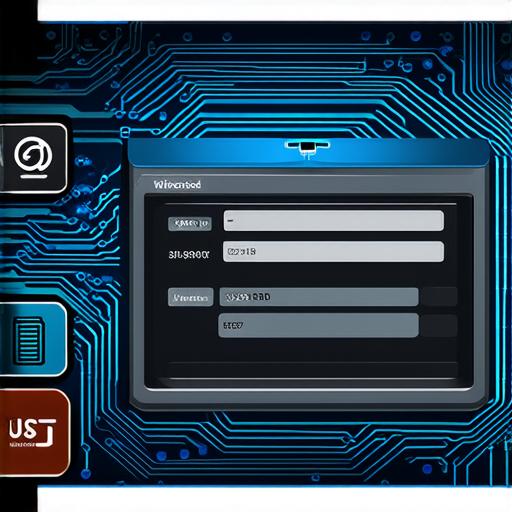Unity is a popular game engine that allows developers to create interactive games for various platforms. It supports several programming languages that allow developers to write code and build games efficiently. In this article, we will explore the different programming languages used by Unity and their features.
C
C is the primary programming language used in Unity. It is a modern, object-oriented language developed by Microsoft for game development. C offers several advantages over other programming languages, including:
- Easy to learn: C is easy to learn and has a simple syntax that makes it accessible to beginners.
- Strongly typed: C is strongly typed, which means that variables must be declared before they can be used. This helps catch errors early in the development process.
- Cross-platform: Unity games built with C can run on multiple platforms, including Windows, macOS, Linux, iOS, Android, and consoles.
- Large community: There is a large community of developers who use C in Unity, which means that there are many resources available to help you learn the language and troubleshoot problems.

JavaScript
JavaScript
is another programming language used in Unity. It is a popular language for web development and can be used to create interactive games for the web.
JavaScript
offers several advantages over other languages, including:
- Easy to learn:
JavaScript
is easy to learn and has a simple syntax that makes it accessible to beginners.
- Cross-platform: Unity games built with
JavaScript
can run on multiple platforms, including Windows, macOS, Linux, iOS, Android, and consoles.
- Large community: There is a large community of developers who use
JavaScript
in Unity, which means that there are many resources available to help you learn the language and troubleshoot problems.
- Integration with other technologies:
JavaScript
can be easily integrated with other technologies, such as HTML5 and CSS3, making it an excellent choice for web-based games.
Boost
Boost
is a high-performance programming language that is commonly used in game development. It offers several advantages over other languages, including:
- Low-level control:
Boost
provides low-level access to the hardware, allowing developers to write optimized code that runs quickly.
- Object-oriented:
Boost
is an object-oriented language that makes it easy to organize and manage complex game logic.
- Memory management:
Boost
has advanced memory management capabilities that help prevent memory leaks and other performance issues.
- Portability:
Boost
can be easily ported to multiple platforms, making it a good choice for cross-platform game development.
Summary
In conclusion, Unity supports several programming languages, including C,
JavaScript
, and
Boost
. Each language has its own unique features and advantages, making them suitable for different types of game development projects. C is the primary language used in Unity, while
JavaScript
is commonly used for web-based games.
Boost
is a high-performance language that offers low-level control and advanced memory management capabilities. Ultimately, the choice of programming language depends on the specific requirements of your project.
